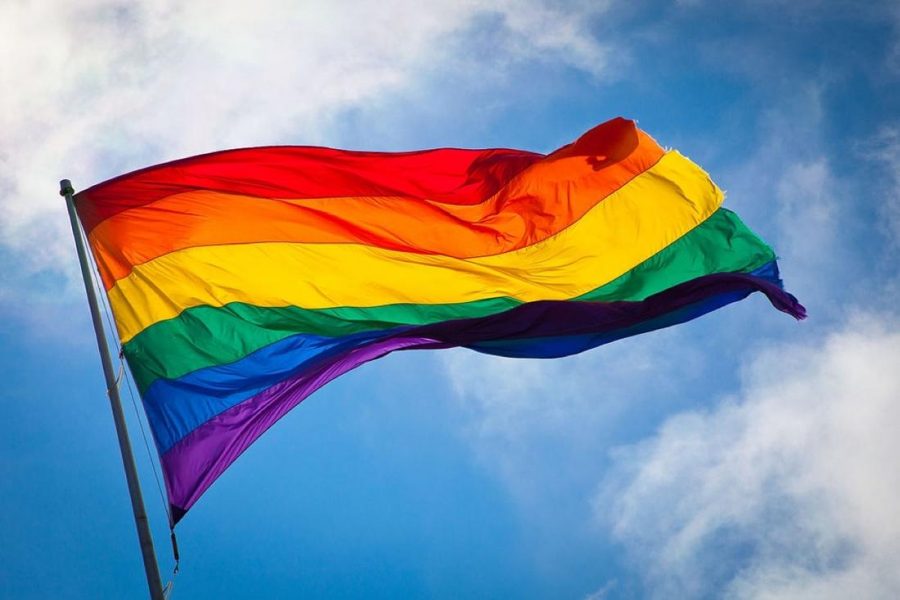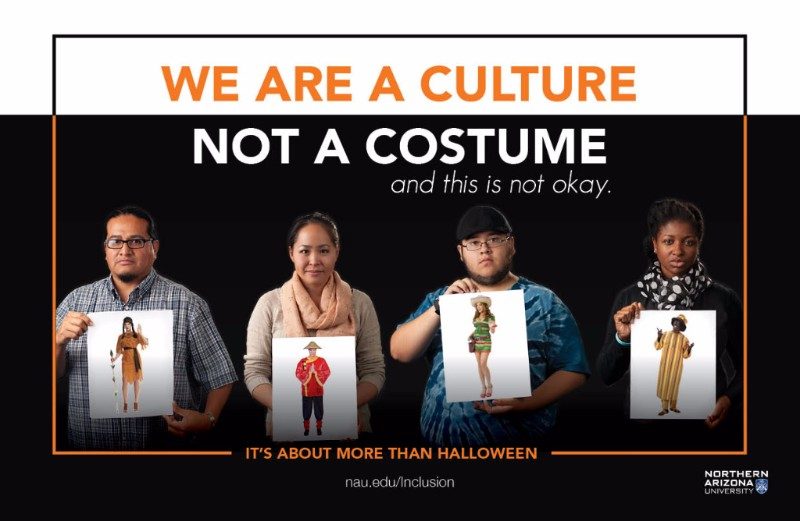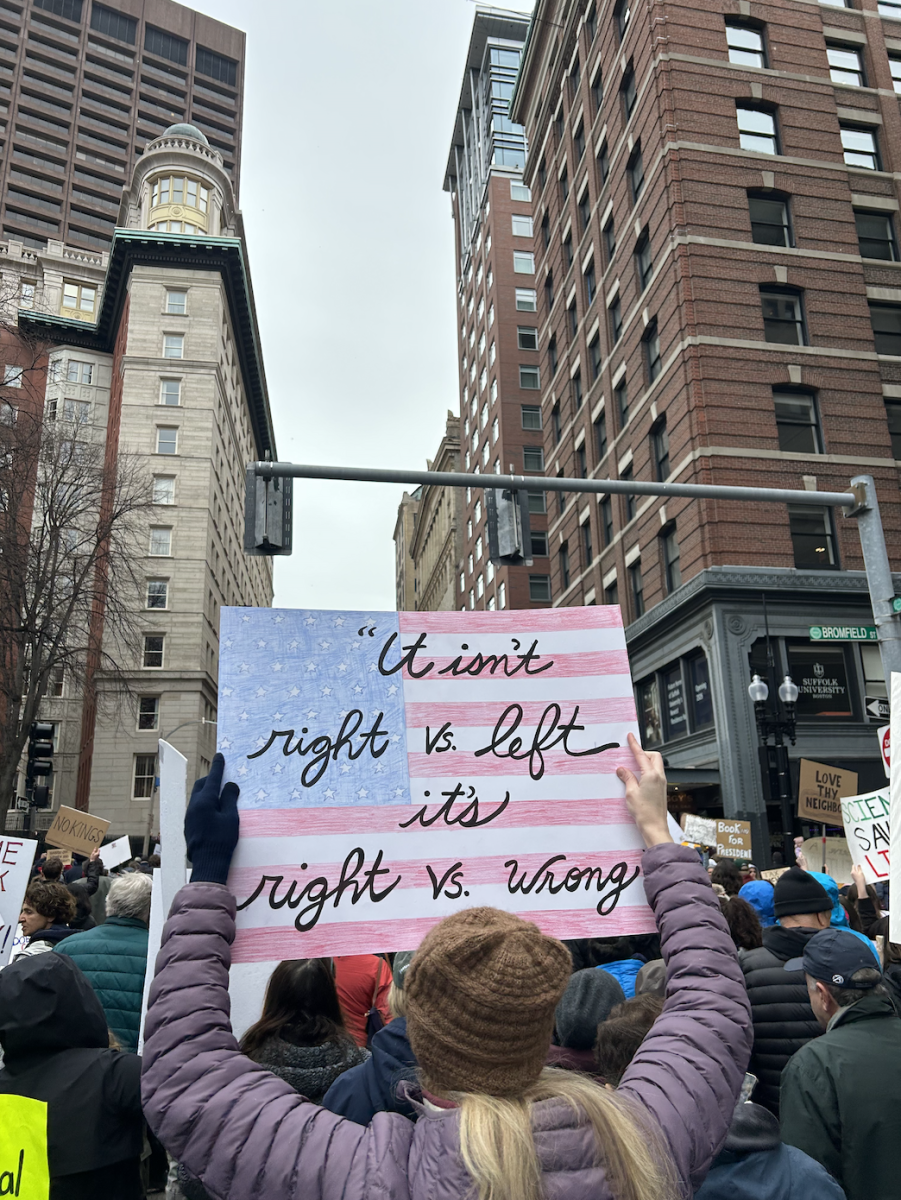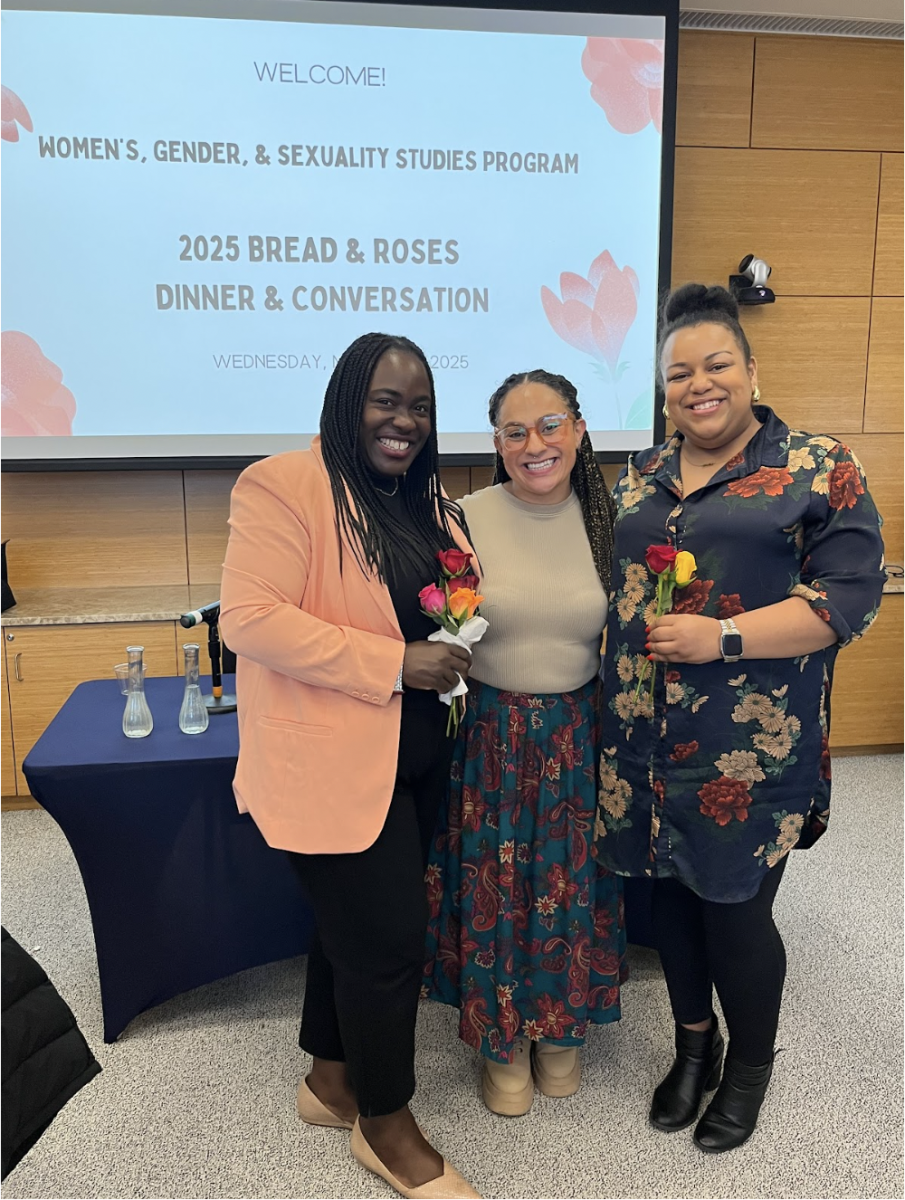By Simran Gupta
Staff Writer

On October 19, Lupita Nyong’o came forward with her own Harvey Weinstein story in an op-ed penned for the New York Times. She described several encounters with Weinstein and called out a “culture of silence.”
“I have felt such a flare of rage that the experience I recount below was not a unique incident with me, but rather part of a sinister pattern of behavior,” Nyong’o writes.
During their first encounter at a 2011 awards ceremony in Berlin, when she was still a student at the Yale Drama School, when Weinstein was introduced to her as the most powerful producer in Hollywood. In this first encounter, she says he did not put her “at ease,” but he did not alarm her either.
In their second encounter, Weinstein allegedly invited her to a film screening at his family home in Westport, CT. He informed her they would be stopping for lunch on the way, which she did not think much of.
When she ordered a juice, Nyong’o says, “Harvey was unimpressed with my choice and told the waiter to bring me a vodka and diet soda instead. I declined and said I wanted the juice. We went back and forth until finally he turned to the waiter and said, ‘Get her what I tell you to get her. I’m the one paying the bill.’”
Later on during lunch, Weinstein continued trying to make Nyong’o drink her alcohol, and called her “stubborn” when she said she “doesn’t like vodka, doesn’t like soda, and doesn’t like them put together.”
The screening at his home commenced after a tour of the place. About fifteen minutes in, he insisted that he wanted to show her something, “laying down the law” as if Nyong’o was “one of his children.”
After she complied to avoid a scene, she details an uncomfortable moment in which Weinstein asks to give her a massage. Thinking quickly, Nyong’o offered to give him one to allow herself to remain in control and think up a way to escape the situation.
When he insisted on taking off his pants, even though she asks him not to and says it would make her very uncomfortable, she makes it out and resolves to no longer accept any more invitations to private spaces with Weinstein.
Nyong’o details her confusion processing the massage incident and of being unsure of how to proceed without jeopardizing her career.
She acknowledges that she was entering into a field where the intimate was often professional, where lines were already blurred to begin with.
During a third encounter, after attending a stage reading of his Broadway play “Finding Neverland,” Nyong’o attends dinner with him and a woman colleague. As she processed his charming effect and searches the colleague’s body language for any signs of discomfort, she writes that she finds none.
“I left feeling that perhaps he had learned my boundaries and was going to respect them,” writes Nyong’o.
The piece is longer and more detailed, and Nyong’o walks the reader through each encounter with Weinstein. She details her conflicted emotions, her growing sense of unease, and how she picked up on clues from women around Weinstein more and more.
Nyong’o writes why she did not realize that she was part of a fast-growing group of women dealing with this harassment, in an industry and culture that Weinstein had already shaped to benefit himself.
Two days after Nyong’o’s article was published, on Oct. 21, CNN reported Weinstein’s response: he had “unequivocally denied” all allegations through a spokeswoman. To the date of publication, he has not refuted any of the other thirty-odd actresses who have come forward.
E! News reported the following statement from a representative: “Mr. Weinstein has a different recollection of the events, but believes Lupita is a brilliant actress and a major force for the industry.”
Lupita Nyong’o is the only black woman, thus far, to come forward with such allegations. Weinstein’s adamant refusal has sparked the opinion that his response is racially charged.
Since the scandal broke, Harvey Weinstein has been fired from his production company, the Weinstein Co., which he co-founded.
It has also inspired the social media #MeToo movement, in which women share their stories involving sexual harassment in an effort to force awareness and change around how the issue is dealt with.




















